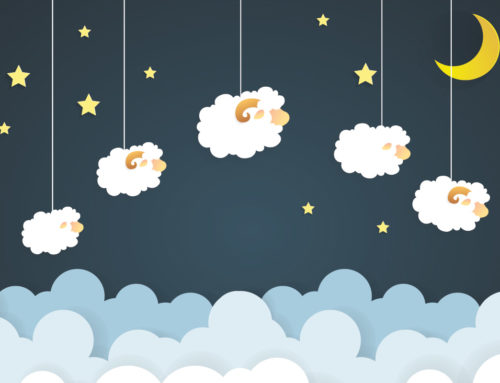Countless people around the globe experience insomnia, a frustrating sleep disorder that where people struggle to fall asleep, resulting in daytime fatigue. In this article, we’ll explore an effective, non-pharmaceutical approach to managing insomnia: sleep hypnosis.
Understanding insomnia and sleep disturbances
Insomnia is more than an occasional difficulty in falling asleep. Those with chronic insomnia endure long periods of sleep problems, including trouble staying asleep and waking up too early. It’s one of the most common sleep disorders and is often exacerbated by mental health conditions, stress, and poor sleep hygiene. Chronic insomnia can also be a symptom of an underlying health condition or mental health issues, requiring attention from a professional in clinical sleep medicine.
The role of a sleep hypnotherapist
Technically all hypnotherapists should are capable of helping clients overcome their insomnia and help them fall asleep naturally. They work with individuals to improve sleep outcomes through techniques designed to induce deep sleep, reduce night waking and maintain it throughout the night.
The science of sleep hypnosis
Sleep hypnosis employs the power of suggestion to influence the subconscious mind, promoting better sleep. It’s not about mind control but rather a method of introducing new ideas and perspectives that can help resolve sleeping problems and improve sleep quality. This works because the patterns of sleep disturbances can become fixed in the subconscious over time. Hypnosis can help unstick those The process encourages deep relaxation, calming the mind and preparing it for restorative sleep.
How does sleep hypnosis work?
Hypnotherapy for insomnia usually starts with the individual in a comfortable position, often in bed. Guided by the sleep hypnotherapist or through self hypnosis, the individual focuses on positive affirmations and calming imagery, releasing stress and negative thoughts. This approach aims not only to help individuals fall asleep faster but also to experience deeper sleep.
Hypnosis intervention effects can be powerful, but the question often asked is, “does sleep hypnosis work?” Various studies reported in international journals and by the Sleep Foundation have found that hypnosis can indeed help sleep disturbance sufferers. Still, it’s important to remember that like all treatments, effectiveness can vary from person to person.
Complimenting sleep hypnosis with healthy practices
Beyond sleep hypnosis, other strategies can improve sleep outcomes. Good sleep hygiene, which involves regular sleep schedules and sleeping habits, avoiding electronic devices before bed, and creating a conducive sleep environment, can work in tandem with hypnosis for sleep.
Techniques such as cognitive behavioural therapy and progressive muscle relaxation can also aid in reducing anxiety and achieving deep relaxation, further deepening sleep. In some instances, several sessions of sleep hypnosis may be necessary to attain the desired results, especially for those with chronic conditions like post traumatic stress disorder or chronic pain.
Final thoughts
While there is a whole range of treatments available for insomnia, sleep hypnosis has emerged as a promising method that can help individuals fall asleep easily, stay asleep, and wake up feeling refreshed. It’s worth exploring with the guidance of a professional if you’re looking to move away from sleeping pills and find a more natural, long-term solution to sleep issues.
Bear in mind that while hypnosis works for many, it may not be the solution for everyone. Understanding your unique circumstances and health conditions is crucial to finding the most effective treatments for insomnia. Remember, achieving restful, deeper sleep is a journey, not a destination. With patience, resilience, and the right help, you can reclaim your nights and enjoy better sleep.
If you’re considering hypnotherapy, I am always happy to help, just call 07966 464 005 or get in touch via the form below. I provide hypnotherapy treatments in London at Muswell Health (North London) and also at The Terapia Consultancy (Central London) and Online using an approach called Solution-Focused Hypnotherapy. This type of therapy is based on the idea that solutions to problems can be found by focusing on the positive aspects of a situation.
(Disclaimer: This article is for informational purposes only and should not replace professional medical advice. Always consult with a healthcare professional for any sleep disorders or health conditions.)









